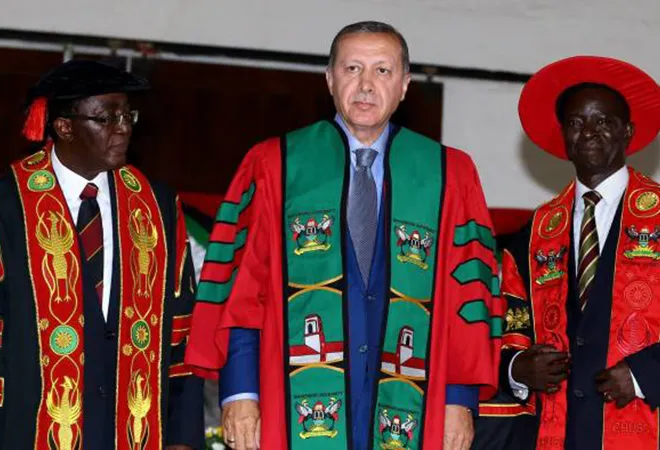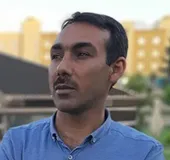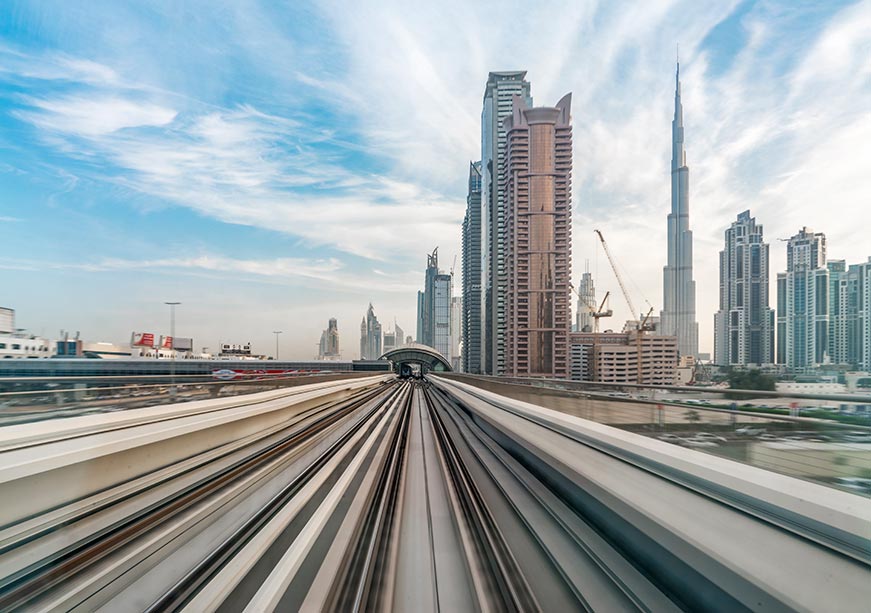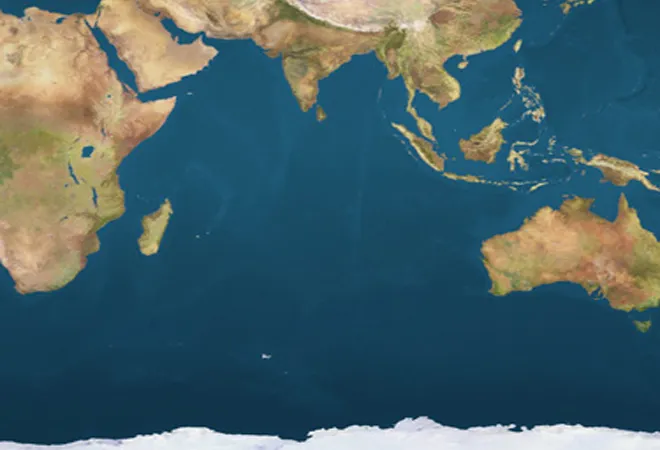With shifts in geopolitics and business, Africa, which is known for its abundant natural resources, rapidly increasing population, and free markets, has become a battleground for many countries seeking opportunities and influence. In comparison to the past, the rise of new forces such as China, India, Brazil, Turkey, and the Gulf states has made it more competitive as a multipolar continent. As a result of the increased interest in Africa and the diversification of players on the continent, former colonial powers with active agendas on are gaining ground.
New forces are emerging on the continent; while some try to build relationships based on common geographies, histories, and bonds established through struggles against colonialism and slavery, others practice a new type of neo-imperialism with new power and capital components. There is a race between the world’s leading powers for geostrategic positioning and to get access to Africa’s abundant natural resources.
When considering Turkey’s position in Africa’s evolving and developing process, it appears that it differs significantly from the norms and practices followed by the more developed powers such as the United States, the United Kingdom, or France. Western governments’ long history of promoting dictatorships, secret arms shipments, and business interests through financial assistance, as well as their divisive policies, have done more harm than good to continental countries. Turkey has a greater reputation in this regard than countries that are involved in the region and consider themselves conventional African partners. This condition benefits Turkey in all aspects of the economy.
Turkey has a greater reputation in this regard than countries that are involved in the region and consider themselves conventional African partners. This condition benefits Turkey in all aspects of the economy
If the independence and autonomy of the continent’s nations, and their political equality, mutual confidence, common projects like Tukey’s win-win policy, cultural and educational assistance, cooperation studies, and investment rests on diplomatic ties, it is essential to sketch out the parameters of Turkey’s Africa policy. Turkey’s Foreign Minister, Mevlüt Çavuşoğlu, said that Turkey’s vision of cooperation with Africa is “based on a policy of mutual gain based on equality, transparency, and sustainability,” which is essentially a description of Turkey’s continental policy.
Turkey’s comeback to Africa
After the Ottoman Empire faded from history, Turkey’s rulers preferred to concentrate on Europe rather than Africa. However, the rapid evolution of global processes at the dawn of the 21st century, as well as the emergence of new global growth developments and approaches to key aspects of the world’s rapidly evolving situation, necessitated the emergence of new visions in Turkish foreign policy. As a result, Turkey has had to develop new domestic and foreign policies, especially since 2002, in light of its own growth. With the declaration of 2005 as the “Year of Africa” within the framework of the Africa Action Plan adopted in 1998, Turkey’s dynamic foreign policy towards the African continent, especially after 2010, and the multidimensional policy tools it applied significantly increased its ties with Africa.
Turkey’s renewed interest in Africa, as well as its opening to the continent, came at a time when many countries were pursuing political, military, and commercial initiatives with African nations. Turkey’s expansion into Africa centred around three pillars: Economic policies, expansion of diplomatic missions, and humanitarian assistance. Especially in the last 15 years, Turkish President Recep Tayyip Erdoğan has played an important role in reviving ties with the continent as a result of his visits.
Turkey’s renewed interest in Africa, as well as its opening to the continent, came at a time when many countries were pursuing political, military, and commercial initiatives with African nations. Turkey’s expansion into Africa centred around three pillars: Economic policies, expansion of diplomatic missions, and humanitarian assistance
Turkey’s presence in Africa
When it came to improving Turkey’s reputation, the country concentrated on maintaining good ties with Africa as a whole and attempting to establish itself through its various institutions in various African countries. Turkey has made a concerted effort to broaden its policies in Africa and raise its profile since the AK Party came to power. Turkey has increased its number of embassies from 12 in 2003 to 43 by 2021, as it seeks to strengthen its ties with Africa.
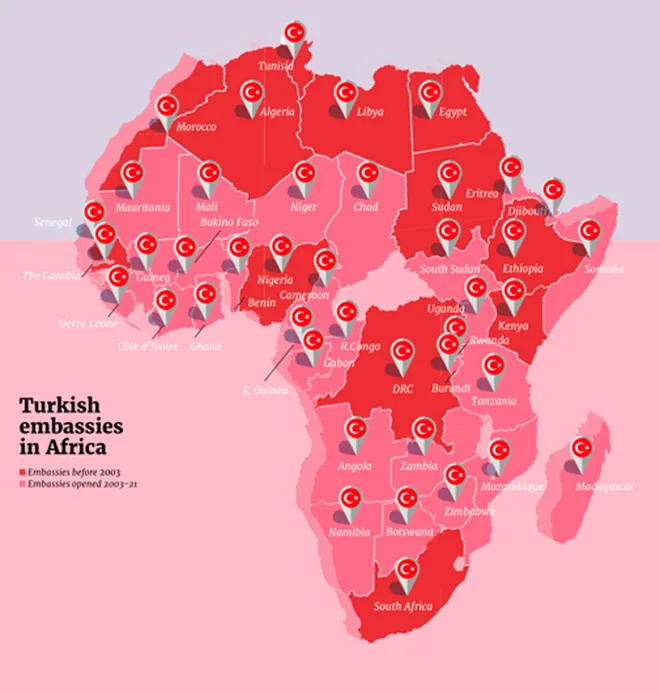
The number of Turkish embassies in Africa has increased from 12 in 2003 43 in 2021.
Source: African.bussinnes. Erdoğan’s ambition drives Turkey’s Africa surge
TIKA (Turkish Cooperation and Coordination Agency), DEIK (The Foreign Economic Relations Board of Turkey), Maarif Foundation Schools, Yunus Emre Institute, Red Crescent, Anadolu Agency, Diyanet Foundation, and several NGOs have also been engaged in Africa besides the government itself. As Turkey’s ties with Africa have improved, so has the number of high-ranking visits. During his time as Prime Minister and President of Turkey, Recep Tayyip Erdoğan visited nearly 30 African countries.
Turkey’s institutional presence in Africa has begun to take shape at the levels where France, the United Kingdom, the United States, and China are situated, as a result of the changing ties. All of these efforts can be seen as evidence of Turkey’s multifaceted foreign policy awareness, as well as an indication of promising prospects for Turkey’s long-term survival and effectiveness in the continent.
Turkey’s institutional presence in Africa has begun to take shape at the levels where France, the United Kingdom, the United States, and China are situated, as a result of the changing ties. All of these efforts can be seen as evidence of Turkey’s multifaceted foreign policy awareness, as well as an indication of promising prospects for Turkey’s long-term survival and effectiveness in the continent.
Turkey, like all other countries, is an important player in the promotion of soft power. The country’s rich history, civilisational uniqueness, moral and political stance against colonialism and oppression, as well as its exceptional soft power capacity, set it apart from others. Turkey’s institutions, NGOs, and historical links with various African countries’ cultural and civilisational relations are a big source of soft power.
Similarly, one of Turkey’s main benefits is that it can interact with a wide range of countries thanks to the ideals and principles that it shares with Muslims across the continent. Furthermore, having a secular system of government gives it an advantage over the Gulf states and other powers when it comes to reaching out to other societies. Aside from these, Turkish TV series have become one of the country’s most powerful soft power outlets on the continent in recent years, and their popularity is growing. On the continent, Muslims and Christians alike are enthralled by Turkish television shows. The Turkish history drama series, “Dirilis Ertugrul” has, according to Aliyu Dahiru, an independent researcher and analyst with HumAngle, become a popular drama in Nigeria that has raised interest in the Ottoman empire.
The Turkish defence industry in Africa
Turkish defence businesses are increasingly attempting to expand their footprint in Africa as local manufacturing expands in the defence industry. Turkey’s Presidency of Defence Industries (SSB) released a strategy plan for 2019–23, with the goal of increasing local content of defence equipment to 75 percent and exports to US $10.2 billion by 2023.
Some African countries have recently begun to join in the buying of Turkish equipment. According to a United Nations report on African arms sales, “Turkey’s defence industry exported 40 wheeled armoured personnel carriers to Burkina Faso in 2018, 20 to Chad, three to Ghana, six to Mauritania and 25 to Senegal.
In addition, Algeria, Nigeria, Rwanda and Tunisia are amongst the African countries that receive Turkish-produced armoured personnel carriers. Most of them are Cobra brand armoured vehicles produced by Otokar. Turkey also exported assault rifles and handguns to several African countries.
In 2019, another Turkish armoured vehicle manufacturer, Katmerciler, received an export order of US $20 million from an “unidentified African country,” as it was made known.
Katmerciler, a Turkish defence contractor, is expanding its influence in Africa with the signing of a contract to supply 118 armoured vehicles to Kenya earlier this month.
Many Africans favour the Turkish government’s pro-sovereignty rhetoric. It shares the views of many Africans who see the West’s human rights, economic liberalisation, and democracy discourses as hypocritical. Turkey, consistently, stresses reverence for the developed world’s sovereignty and territorial integrity, as well as the question of establishing a fair and sustainable global economy. Turkey’s rhetoric of “The World Is Bigger Than Five” (the United States, the United Kingdom, France, Russia, and China) is still a powerful voice in the democratisation of local and foreign affairs
As the Turkish defence industry’s domestic vehicle manufactureing becomes more visible in Africa, the military industry’s exports to Africa may rise in the coming years.
Similarly, Turkish SIHA unmanned aerial vehicles (UAVs), ATAK attack helicopters, and ALTAY tanks, all of which are made in Turkey, may be favoured by African governments.
Turkey wants to strengthen ties between the African and Turkish military, in addition to defence industry exports. The Turkish army has a facility in Mogadishu, Somalia’s capital, where Somali soldiers are trained. Also, The Turkish Armed Forces (TSK) continue to train the Libyan army under the terms of a Memorandum of Understanding (MoU) on security and military cooperation agreed on December 26, 2019 between Turkey and the UN-recognised legitimate government of Libya.
The world is bigger than five
Turkey’s initiative to foster peace and social justice has accelerated the speed at which it is assisting in the resolution of conflicts, especially in African countries like Libya and Somalia. As a result, the Turkish government continues to establish and promote partnerships and cooperation to keep Africa peaceful and stable. Turkey’s status as a rising power, in addition to humanitarian aid and soft power, is quite appealing. Many Africans favour the Turkish government’s pro-sovereignty rhetoric. It shares the views of many Africans who see the West’s human rights, economic liberalisation, and democracy discourses as hypocritical. Turkey, consistently, stresses reverence for the developed world’s sovereignty and territorial integrity, as well as the question of establishing a fair and sustainable global economy. Turkey’s rhetoric of “The World Is Bigger Than Five” (the United States, the United Kingdom, France, Russia, and China) is still a powerful voice in the democratisation of local and foreign affairs.
